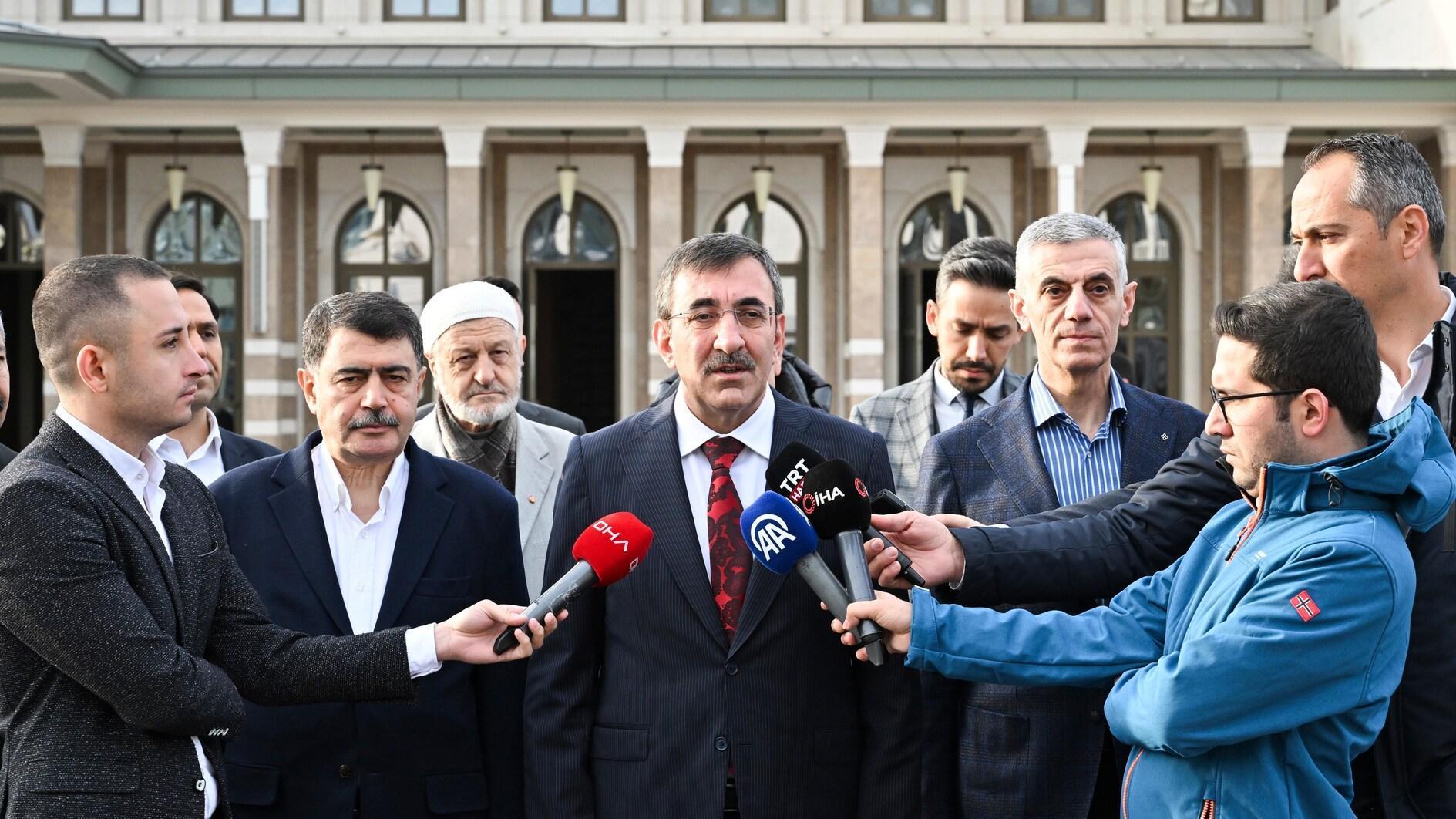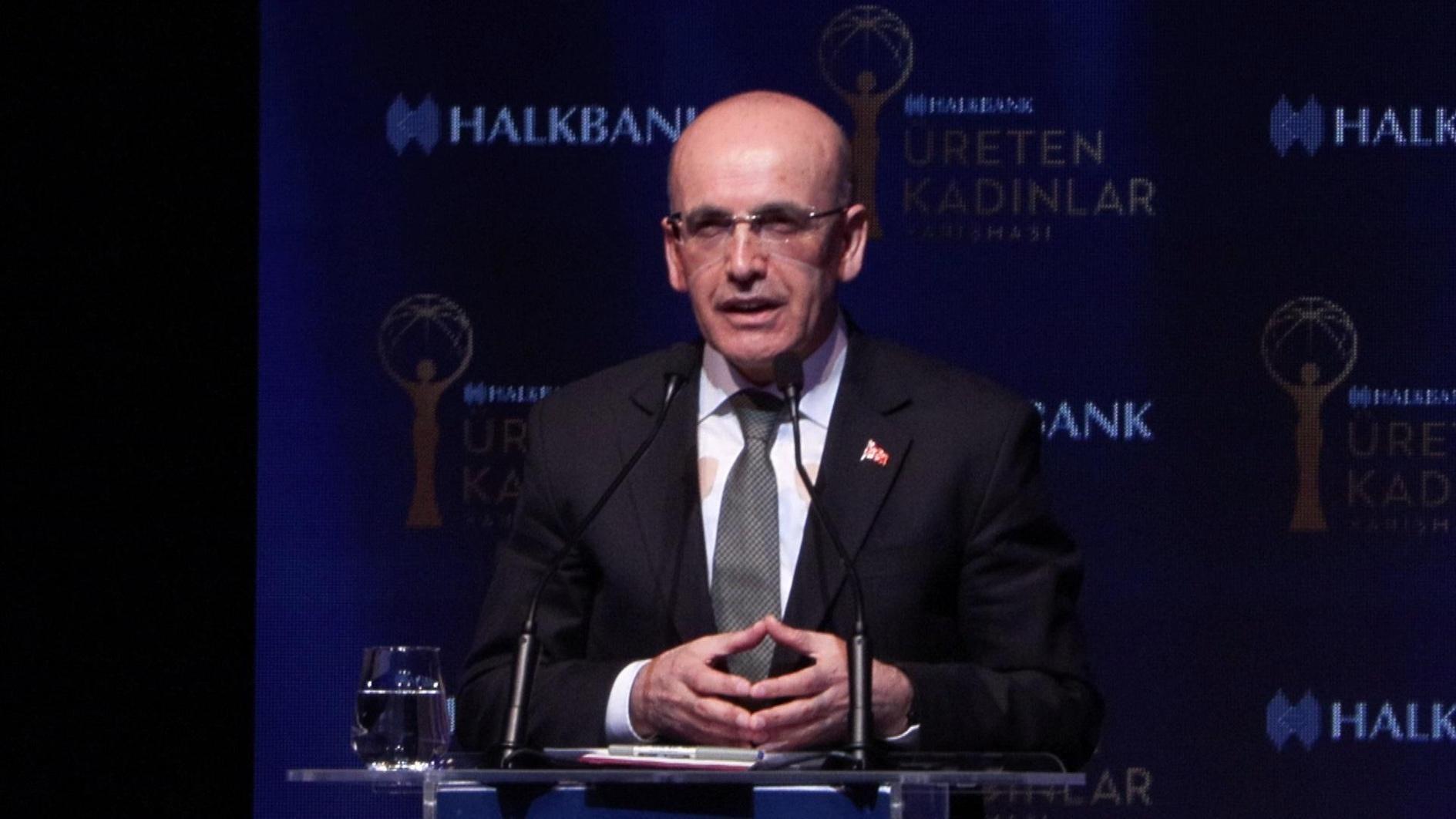For a socially and ecologically just economy
A fantastic platform named Good4Trust.org founded by Uygar Özesmi aims to motivate people to create a just economy ecologically and socially.
This platform approaches nature and all living creatures through the concept of “goodness.” It gathers people who have ethical concerns and supports producers that are socially and ecologically responsible and trustworthy.
There are producers in the market section of the platform. One of them, for instance, is producing lye that could be used in place of washing detergent. You can put it in your washing machine and your laundry will be perfectly clean. This producer has no issue about increasing his profit and getting rich through his small workshop. His issue is to maintain his workshop and with the money he makes to buy healthy food, organic clothes and locally produced shoes so that he supports a local and sustainable economy.
For similar kinds of people to exist in this economy and for them to increase, people buy their products through Good4Trust.org.
Or, for instance, there is a producer selling organic food. When you take a bite from the grissini you bought from them, you are sure that while it was being produced artificial fertilizers and chemicals were not used. You are positive that the women who are producing this grissini were paid more than the standard, plus all their social rights. You eat the grissini with a clear conscience because you know the best conditions possible are present inside it. By buying the products of this producer you are supporting the women who work for them and also organic farmers. You are also contributing to the growth of this economy.
In this just economy, there are no consumers. There are “prosumers” who directly support socially and ecologically just products.
Think of the platform as a town. Prosumers are the residents of this town. The olive oil producer of the town has his hair cut at the local hairdresser, who goes and buys olive oil the next day from the oil shop with the money he made.
As you all know, it is not possible to wear the sweater you bought today some 20 years later. The sweater loses its shape in one or two seasons. This is not a coincidence; the aim in consumer economy is this planned wear. The issue is to sell products more. In toothpaste commercials they squeeze a huge portion on the toothbrush. As a matter of fact, only one-third of it is enough.
In the prosumer economy of Good4Trust.org, production is designed so that the prosumer buys the least amount. The desire is for the producer and prosumer to be happy together.
The part I love the most about the platform is the goodness. Users share their good deeds with others. For instance, one shares that their association has traditionalized tree donations. Another is happy because she has helped her student find a job, someone else rushes the cash left at the ATM to its owner. Other examples are saving a puppy, visiting village schools to assess needs, donating to a library, etc.
There is a belief in our society that good deeds and aid should be kept secret. Actually this principle was valid for the past when in small communities everybody knew each other. Today, this cultural aspect has started damaging society because people now are bragging about their bad deeds; evil is valued. Goodness has become a victim now. Good deeds should be made visible and need to be applauded.
The shares in Good4Trust.org and the purchases are all goodness. Goodness is incorporated into the economy.
Let us not forget the more we give to society, the more society becomes a better place and we would live in a better place. As long as we support correct economies, we would live in an ecologically and socially just world.











